Description
hardware flow control. It is an ideal choice in the field of industrial automation.
3.3 Design of computer control software
This type of control software runs on the computer and is mainly used for remote operation. It has multiple functions such as parameter setting, control operation,
data collection and storage, status detection and alarm, etc. Its interface is shown in Figure 3.
The system shown in Figure 3 contains four independent control channels, and the software can manage and configure the test plan based on parameter information.
That is: for each test plan, you can configure different test plans and set different test parameters through the “Configuration” operation. You can also create new plans,
save and modify plans, open existing plans, and delete plans.
The software also sets up quick operations, which can quickly start and stop work according to the channel configuration, and can detect the working status of
each channel in real time.
3.4 Design of touch screen software
The touch screen software is mainly used for local control and runs in the touch screen controller. While the computer control software has similar functions,
it also has the setting function of local control priority or remote control priority. The default is remote control priority. The login interface and test operation interface
are shown in Figure 4 and Figure 5 respectively.
3.5 Design of PLC software
As the core of this control system, PLC is mainly responsible for the following aspects:
Responsible for sending corresponding control parameters and instructions to the frequency converter, and at the same time obtaining the status
of the transmission system through the ProfibusDP bus protocol.
Communicates with the touch screen through serial communication, responds to local control instructions, and feeds back system status to the touch screen as a slave
computer for local control. Programming between the touch screen and PLC is performed by directly accessing the PLC variable address.
It communicates with the remote control computer through the OPC[5] communication method based on the external network, responds to the remote control instructions
, and feeds back the system status to the remote control computer as the remote control slave. Programming between the remote control program and the PLC is
performed by accessing the PLC variable name.
Process the emergency signal and control the inverter to slow down and unload according to the default parameters.
Figure 4 Login interface
Figure 5 Test interface
3.6 Frequency converter settings
In general, the inverter will be equipped with an optional operation panel. Before using the local or remote control program to operate the inverter,
you must first perform the basic settings of the inverter, as follows:
Switch the control mode to local control and set the inverter address according to the inverter user manual.
Set the inverter for remote control and select the communication mode.
Set the frequency converter to use an encoder, and connect the motor for self-test matching operation.
Set the speed control mode of the inverter, such as speed control or torque control.
After completing the basic parameter settings, switch to the remote control state and wait for remote control.
4 Conclusion
This system implements a universal belt-turning mechanism that utilizes frequency conversion control technology. You can use the local touch screen to
control the inverter to control the motor
rotation and obtain corresponding feedback, or you can use remote control to control the inverter to achieve the same control effect as the local touch screen,
even in view of the computer function The richness allows you to obtain more system information and set more control states. In addition to local touch screen
control and remote control, the overall structure of this system can also be split into the most basic transmission structure to complete the control, that is,
the motor is controlled directly through the
control panel of the frequency converter to achieve the most basic and direct control. Therefore, this system can be used as a basic framework structure to
meet all similar control requirements, and obtain different levels of usage requirements through different levels of hardware configuration, which has universal reference significance.
Excitation system ABB module TK890F
Excitation system ABB module TK854V030
Excitation system ABB module TK853V020
Excitation system ABB module TK851V010/3BSC950262R1
Excitation system ABB module TK850V007
Excitation system ABB module TK831F
Excitation system ABB module TK831F
Excitation system ABB module TK821F
Excitation system ABB module TK821F
Excitation system ABB module TK817F
Excitation system ABB module TK817F
Excitation system ABB module TK812V150
Excitation system ABB module TK812V050
Excitation system ABB module TK812V050
Excitation system ABB module TK812V015
Excitation system ABB module TK812V015
Excitation system ABB module TK811V150
Excitation system ABB module TK811V150
Excitation system ABB module TK811V050
Excitation system ABB module TK811V050
Excitation system ABB module TK811V015
Excitation system ABB module TK811V015
Excitation system ABB module TK811F
Excitation system ABB module TK811F
Excitation system ABB module TK809F
Excitation system ABB module TK809F
Excitation system ABB module TK808F
Excitation system ABB module TK807F
Excitation system ABB module TK807F
Excitation system ABB module TK803V018 3BSC950130R1
Excitation system ABB module TK802F
Excitation system ABB module TK802F
Excitation system ABB module TK801V012
Excitation system ABB module TK801V012
Excitation system ABB module TK801V006
Excitation system ABB module TK801V006
Excitation system ABB module TK801V003/3BSC950089R1
Excitation system ABB module TK801V003
Excitation system ABB module TK801V003
Excitation system ABB module TK701F
Excitation system ABB module TK527V030
Excitation system ABB module TK516 3BSE000388R1
Excitation system ABB module TK516
Excitation system ABB module TK212A
Excitation system ABB module TK212A
Excitation system ABB module TK212
Excitation system ABB module TK212
Excitation system ABB module TD951F
Excitation system ABB module TC630
Excitation system ABB module TC625
Excitation system ABB module TC562
Excitation system ABB module TC560V2 3BSE022178R1
Excitation system ABB module TC520 3BSE001449R1
Excitation system ABB module TC514
Excitation system ABB module TC512V1 3BSE018059R1
Excitation system ABB module TC512V1
Excitation system ABB module TC512
Excitation system ABB module TC405K03
Excitation system ABB module TBU810
Excitation system ABB module TB870F
Excitation system ABB module TB870F
Excitation system ABB module TB852
Excitation system ABB module TB852
Excitation system ABB module TB850 3BSC950193R1
Excitation system ABB module TB850
Excitation system ABB module TB850
Excitation system ABB module TB845
Excitation system ABB module TB842
Excitation system ABB module TB840A 3BSE037760R1
Excitation system ABB module TB840A
Excitation system ABB module TB840
Excitation system ABB module TB826 3BSE061637R1
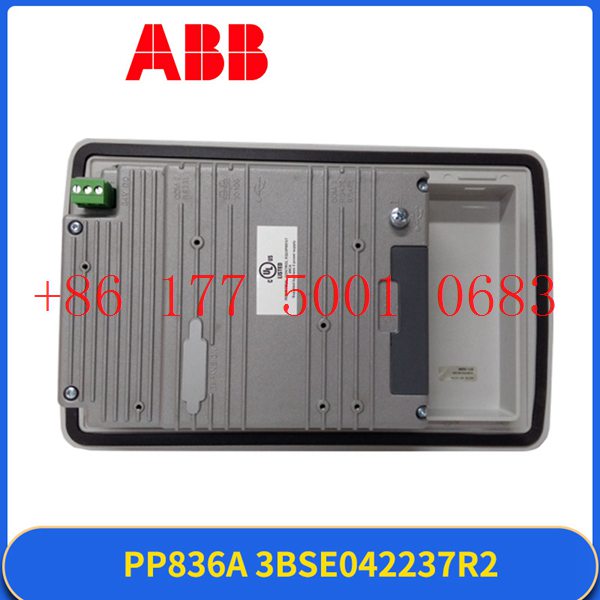
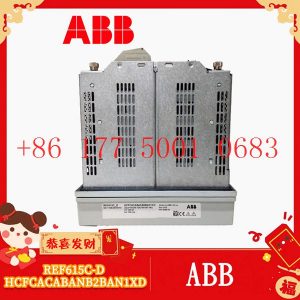
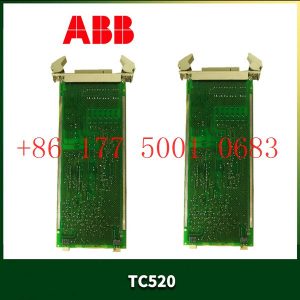
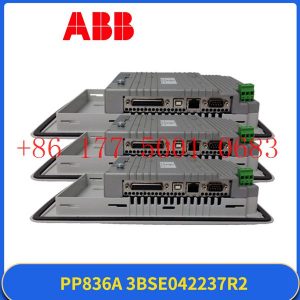
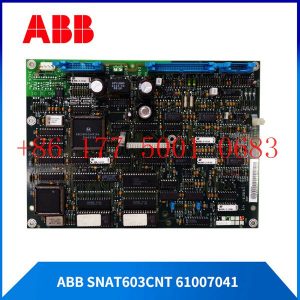


Reviews
There are no reviews yet.